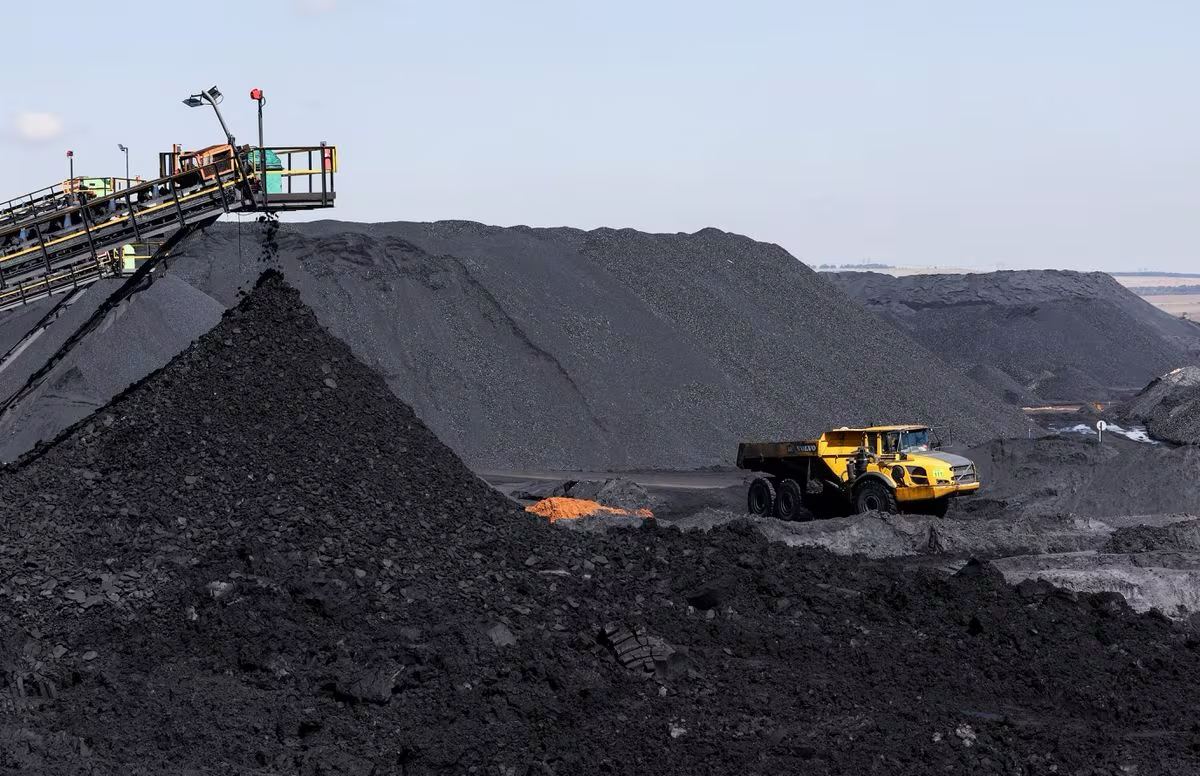Uzbekistan has announced plans to abandon state regulation of coal prices, marking a significant shift in its energy policy, Ministry of Energy reported on April 17.

Previously, coal prices were subject to state regulation, with the commodity considered a socially important good. Under the existing framework, wholesale and retail prices for coal were reviewed and approved by the Interdepartmental Commission on Tariffs under the Cabinet of Ministers at least once a year, typically before June 1st.
The decision to deregulate coal prices reflects Uzbekistan's broader efforts to reform its energy sector and promote market-oriented policies. By allowing market forces to dictate coal prices, the government aims to enhance efficiency, foster competition, and attract investment in the country's coal industry.
In Uzbekistan, coal production surged notably in 2023. Coal output rose by 19.1% during the first 11 months of the year, totaling 5.73 mn tons from January to November. This marks a significant uptick compared to the previous year, which saw growth of only 3.8% for the same period in 2022.
Coal imports from neighboring Kazakhstan witnessed a notable surge, increasing by 82.3% to 3.1 mn tons. Similarly, imports from Kyrgyzstan doubled over the span of ten months in 2023, reaching nearly 900,000 tons.
In 2024, Uzbekistan is preparing to increase coal production by 22%. In January, President Shavkat Mirziyoyev conducted a comprehensive review of a presentation detailing accomplishments in geology and outlining future strategies. Significant annual funding of UZS 1 trillion (around $80.5 mn) has supported geological endeavors, leading to the exploration of 31,000 square kilometers of new territories.
Comments (0)